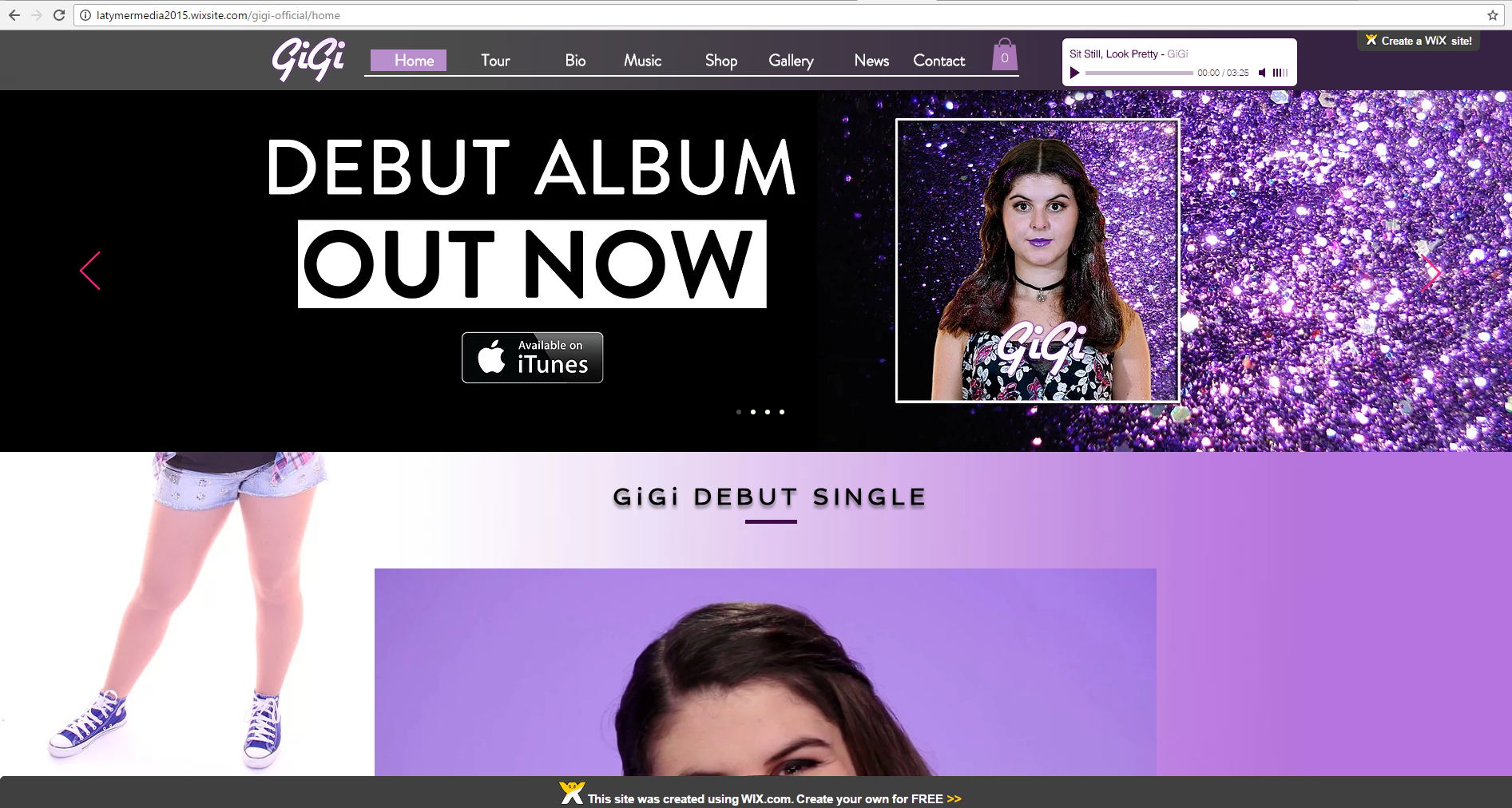Pros and Cons of New Media Technologies during
Construction
Canon 5D Mk. II Camera:
Pros:
-The camera shoots in 1920x1080p, which results in high quality, HD footage. Its lightweight nature also allowed for handheld and dolly shots.
-We were able to manually adjust factors such as white balance, colour temperature and ISO, to achieve the perfect aesthetic for a shot or setup.
Cons:
-Having to zoom & manually focus each shot before we captured footage was extremely time-consuming.
-Was unable to shoot in slow-motion, thus we had to shoot in 60fps with another camera.
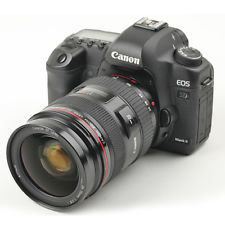
Canon 500D Camera:
Pros:
-The camera was able to film in slow motion, as its higher frame speed allowed smoother shots when slowed down.
-We used auto-focus when using the camera for promo shots, and this saved time manually focusing a particular area of a shot.
Cons:
-The camera wasn't able to achieve the same 1080p HD quality as the other Canon 5D Mk. II.
-The lens which we used when shooting our music video didn't have the same focal length, so we couldn't zoom as close as the other camera.
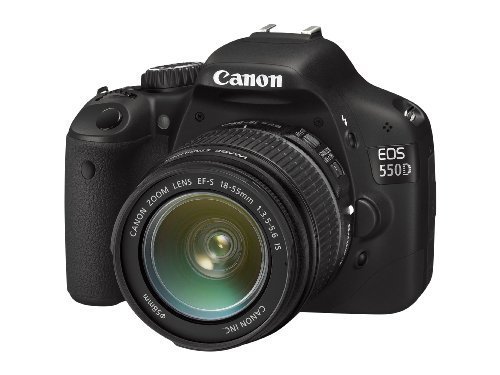
Leapfrog Zero88 Lighting Console:
Pros:
-Enabled us to control the colour & intensity of certain individual (or groups of) studio lights.
-Offered a memory log, which allowed us to set up lighting scenarios and save them to access instantly at a later date.
Cons:
-Setting up the lights before we shot still required immense amounts of time, and setups often appeared different on camera to how they looked in the studio.
-The position,angle and spot/flood of the lights still had to be adjusted manually using a lighting pole on set.
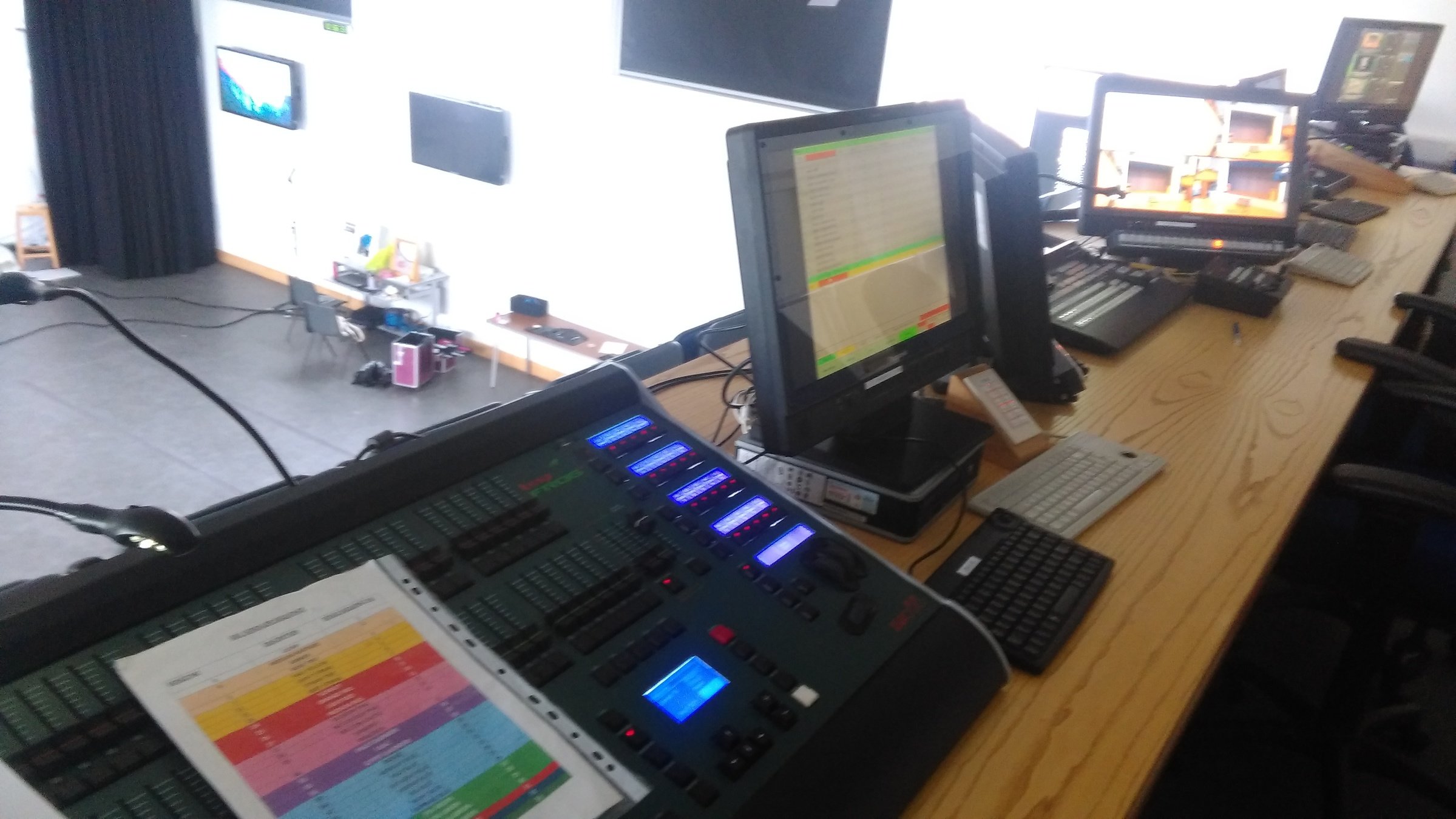
Adobe Premiere Pro:
Pros:
-Was an essential piece of software to use when editing our shots, and compiling all our rushes into our final music video.
-Had a number of tools and visual effects to alter shots and increase the quality of our video (such as the scale toggle and cross dissolve).
Cons:
-The rendering time was the main drawback. Despite being very necessary, it often took a very long time to complete, despite the tiniest of changes to a particular shot.
-Audio and video of a particular shot had to be manually unlinked before the audio file could be deleted in place of our music track. This was time-consuming.

Adobe Photoshop:
Pros:
-Was an essential piece of software to use when constructing our digipak and editing GiGi/removing blemishes to achieve a professional look.
-Had separate layers to clearly distinguish text from images, as well as folders to differentiate which elements were on the front cover, inside cover, etc.
Cons:
-The amount of layers meant it was often confusing to find where a particular image or piece of text was located.
-The amount if content in these folders also meant that the file size was huge. A large file size meant difficulties when saving, and "scratch disk full" error notices would block any further actions until this was resolved.
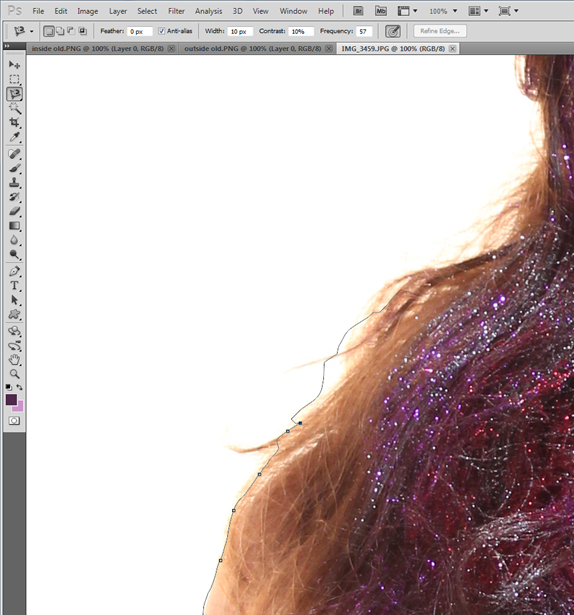
Wix.com:
Pros:
-Was an essential piece of software to use when constructing our artist's website - the synergistic, symbiotic hub for GiGi's marketing campaign.
-Offered a huge range of widgets, tools and templates to use when creating a site. There is also no need for coding or programming when using the site.
Cons:
-Content could be cut off from the edges of screens on smaller monitors than those we edited the website on.
-A couple of features, such as certain quiz & social media widgets would require a paid-for, "premium" package to use.
